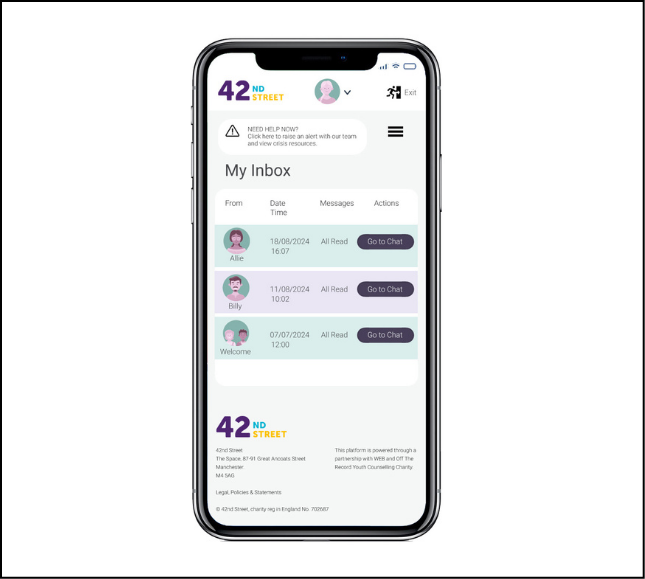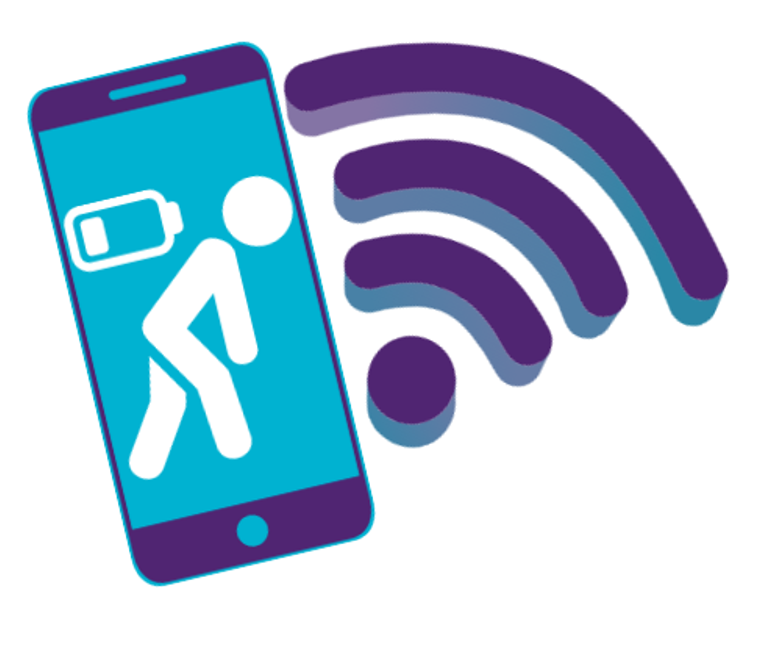Moving in or out of a family household
Reading Length: 2-4 min
With endless lockdowns, confusing education and rocky job security, more and more young people are feeling lost and unsure where to find security. So for a lot of people, moving back/staying in a family household takes some of that stress away.
Moving in?
With endless lockdowns, confusing education and rocky job security, more and more young people are feeling lost and unsure where to find security. So for a lot of people, moving back/staying in a family household takes some of that stress away.
However, living with family can be challenging for a number of reasons. Particularly, if you have previously moved out, where you have established a way of living and now have to readjust back to your old lifestyle. This experience can sometimes feel overwhelming and may feel like you’re “falling behind” or “regressing”. If this is the case, we recommend you read our piece about how “falling behind” is a complete myth and everyone is on their own journey!
Here’s some general tips to help with maintaining independence and ensuring you have self-care while living in a family household.
Establish boundaries/ground rules – it’s important to communicate with others you are living with certain boundaries or rules you may have since living independently and how as a household these can fit in. For example; if you like to have a long, uninterrupted bath on the weekends, this is something you may want to mention to your household so they can do what they can to respect your self-care ritual.
Find things to do together – if you’re struggling being around your household, perhaps try an activity that you enjoy doing together. This way, the time you are spending together is doing something you all still enjoy. For example; watching a TV show together or cooking a meal together.
Find things to do alone – living with people can make it hard to devote time for yourself. Devoting tasks or self-care plans is a great way to make sure you are getting a bit of YOU-TIME! Click here to read our piece all about self-care
Find control in the little things – going from making all your own decisions as an independent adult, to making barely any, can be extremely difficult and make you feel like you don’t have control over your life. If this is the case, it’s important to find small life decisions where possible. For example, doing your own personal food shop (so you can decide what you eat), personalise your room, plan fun outfits.
Moving out?
Or you might be on the other end of this conversation and are planning to move out of your family household after a solid year of intense lockdowns with your family household.
Deciding to move out and live independently can be extremely exciting and scary at the same time!
Feeling homesick is a completely natural part of “flying the nest”. Here are just a few ways you can improve your homesickness:
Bring home comforts – A great way to make yourself feel better when homesick, is to gather bits that remind you of home. That could be anything from, looking at some photos, calling family or making a homely meal.
Explore your new surroundings – This can be a great way to take your mind off your homesickness and appreciate your new, exciting home! Also discovering new walks and nice cafes in your new town/city, can be a positive way to think about how your lives will merge when your family and friends eventually visit.
Embrace being homesick – Moving into a new environment can be overwhelming for anyone. So sometimes accepting and embracing these healthy feelings can do us the world of good!
Where to go for more support
Moving in general can be a stressful and emotional time, however if you’re experiencing extreme distress or feel it is negatively impacting your mental health. We highly recommend you seek help.
If you want to talk about your mental health you can chat to someone online via text, you can register for ongoing online support via our online support portal. We also hold weekly drop-in sessions so that you can speak with a worker without an appointment.
We provide a number of face-to-face services too, all of which offer something slightly different depending on what’s best for you. Overall, though, every service provides you with someone who will listen, acknowledge your feelings, and work with you to explore where your panic attacks might come from. You can read about our services here.
By: Daisy Wakefield










































































